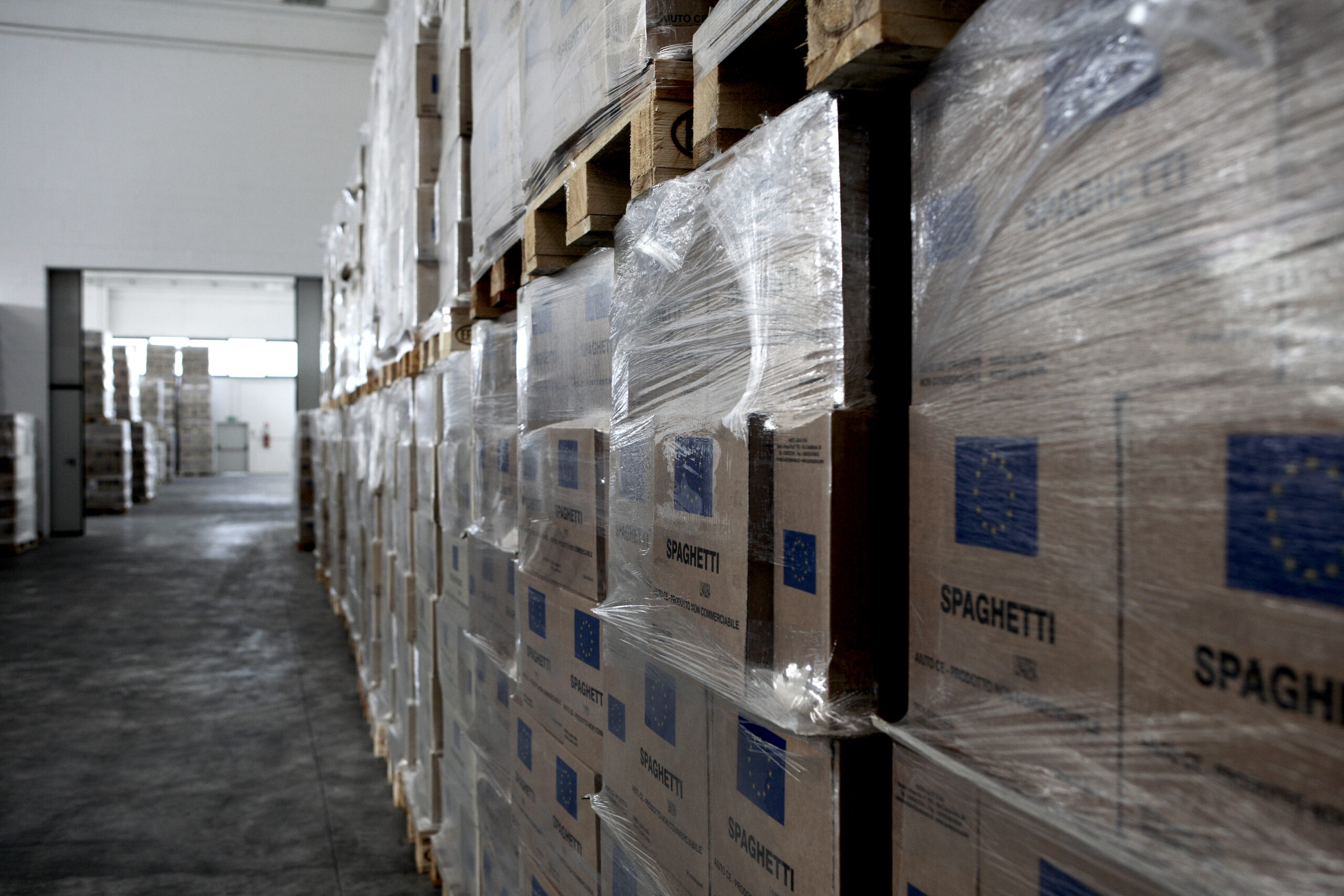On 30 August 2021, the European Commission published the REPORT FROM THE COMMISSION TO THE COUNCIL AND THE EUROPEAN PARLIAMENT: Summary of the annual implementation reports for the operational programmes co-financed by the Fund for European Aid for the Most Deprived in 2019 (available for download here). Referring to 2019, hence the period before the COVID-19 pandemic, the document gives a concise overview on the progress in implementing the operational programmes of the Fund for European Aid to the Most Deprived (FEAD), which has been set up to tackle the different facets of the worst forms of poverty, particularly childhood poverty, homelessness, and food deprivation. The report finds that the instrument proved to be flexible and functional, leading to similar data analysis results as in 2018.
Based on the distribution of EUR 608 million, a total of 12.2 million people from 26 Member States received food aid and 800.000 were supplied with material assistance. While the former number remained generally stable, the latter increased significantly. An additional group of 30.000 people benefited from social inclusion support. 49% of all beneficiaries were women, 30% children, 10% migrants, people with a foreign background, or minorities and 7% homeless persons.
While the support for the target groups constituted a valuable contribution to the improvement of their wellbeing, an estimated number of 107 million people still lives at the brink of social exclusion and poverty, especially children and disabled persons. The ongoing COVID-19 pandemic is expected to exasperate the situation, reversing previous achievements. To reduce negative impacts, the operation of the FEAD programme is changed by the two Coronavirus Response Investment Initiatives (CRIIs), enabling stakeholders to response immediately to emerging challenges. Moreover, the Recovery Assistance for Cohesion and the Territories of Europe (REACT-EU) entered into force, providing extra resources. Taking into account that the number of children receiving FEAD support increased, a European Child Guarantee will be created to stipulate the right to affordable early childhood education, good quality care, and protection from poverty.




